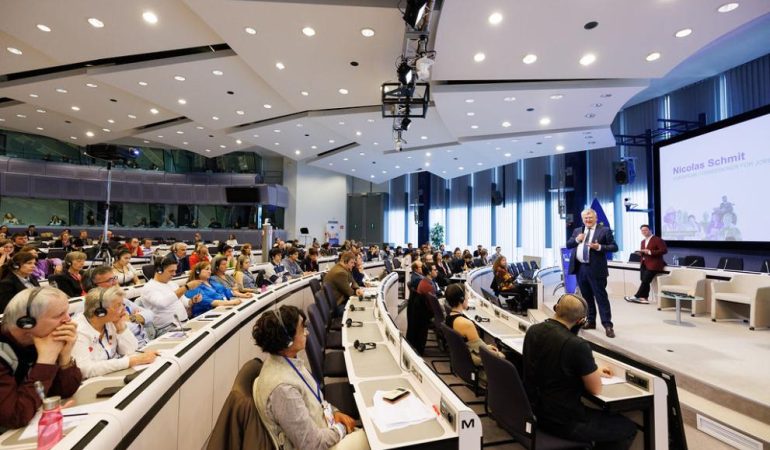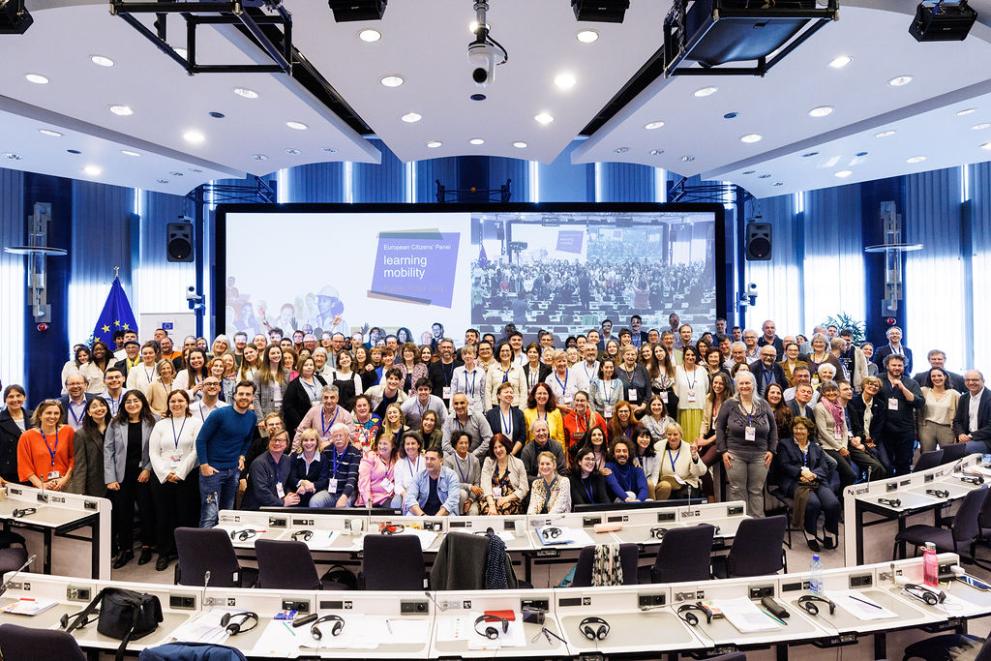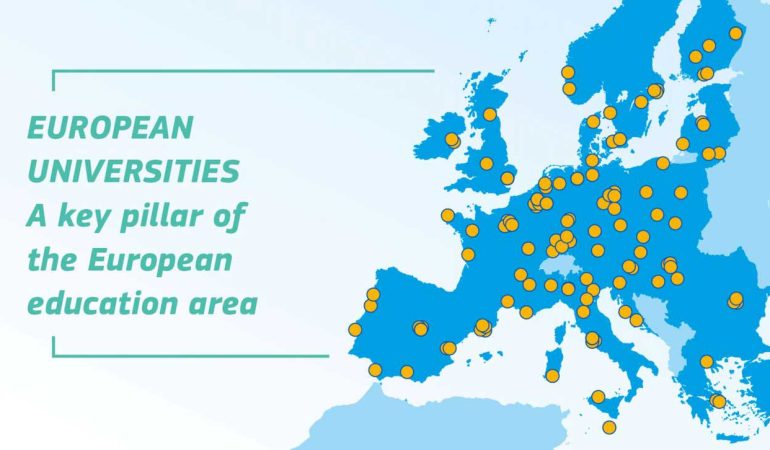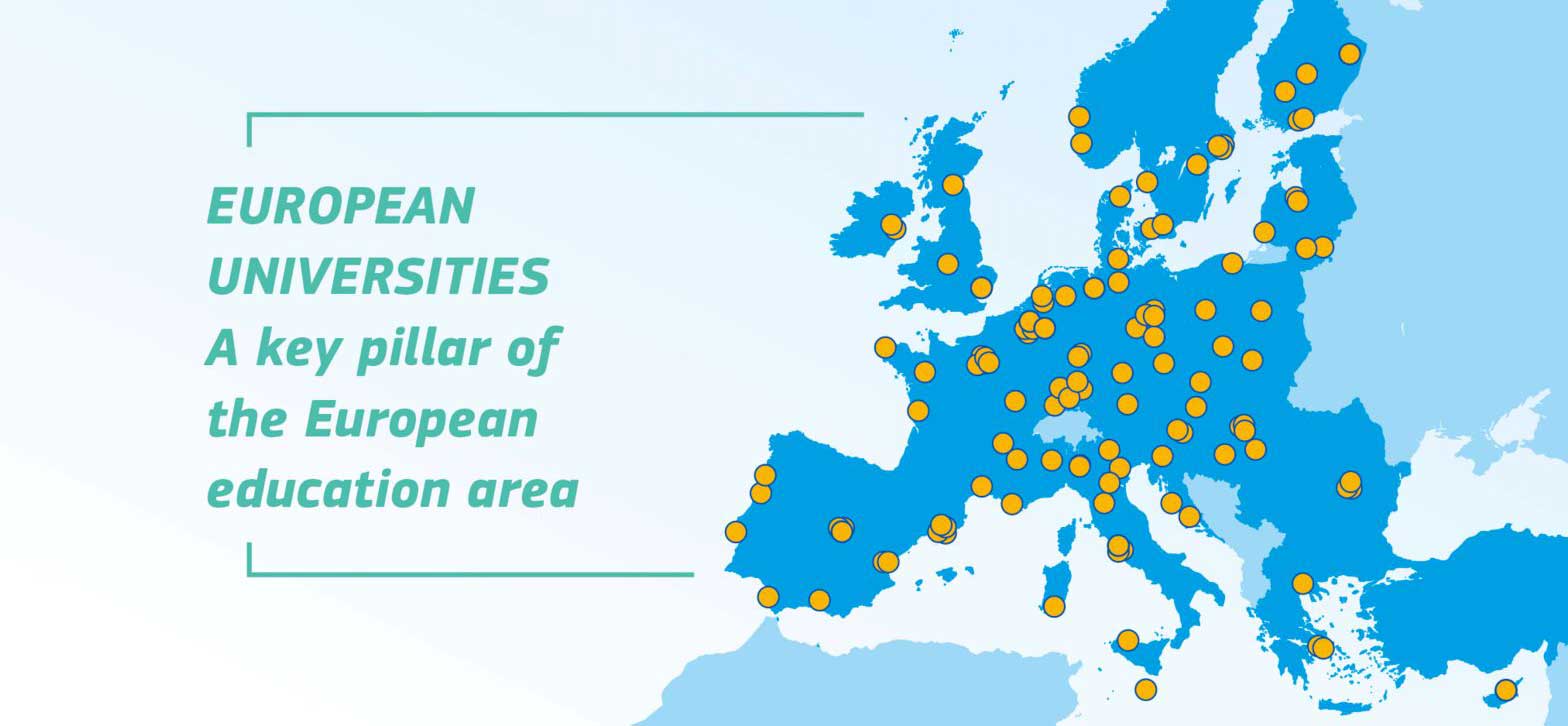Expanding Learning Mobility: A Pathway for All
In today’s interconnected world, the importance of learning opportunities abroad cannot be overstated. The European Commission recognizes this significance and is actively seeking input from citizens to make learning mobility more accessible and widely known. As part of their comprehensive consultation strategy, the Commission has initiated a public consultation until May 3, 2023, to gather opinions and proposals from all stakeholders. In this blog post, we will explore the key factors to consider in order to turn learning mobility into a reality for everyone.
- Inclusive Approach: One of the primary objectives is to ensure that learning mobility encompasses diverse groups of learners and trainers. It is crucial to prioritize individuals who face various barriers, including those with disabilities, health issues, economic challenges, social constraints, and geographic limitations. By including these individuals, we can create equal opportunities for all to engage in learning mobility experiences.
- Environmental Sustainability: As we strive to expand learning mobility, we must not overlook our responsibility to protect the environment. Choosing environmentally-friendly means of travel and promoting sustainable practices can contribute to the fight against climate change. By integrating green initiatives into mobility programs, we can make a positive impact while fostering educational growth.
- Harnessing the Power of Digitization: The digital era brings forth immense opportunities and challenges for learning mobility. We must explore the potential benefits of digitization, such as leveraging digital platforms for enhanced learning experiences and blending on-site and online learning. Embracing technology can open up new avenues and make learning mobility more accessible to a broader audience.
- Cultivating Intercultural Dialogue and Active Citizenship: Learning mobility is not solely about acquiring knowledge; it also plays a pivotal role in fostering intercultural dialogue, promoting active citizenship, and nurturing shared values. By embracing diverse perspectives and encouraging cross-cultural interactions, we can cultivate global understanding and cooperation.
Learning mobility has the power to transform lives and shape a more inclusive and interconnected world. The European Commission’s commitment to engaging citizens in this process is commendable. By considering the diverse needs of learners, prioritizing sustainability, harnessing digital advancements, and fostering intercultural dialogue, we can pave the way for a future where learning opportunities abroad are accessible to all. Let’s join hands and make learning mobility a reality for everyone!



















